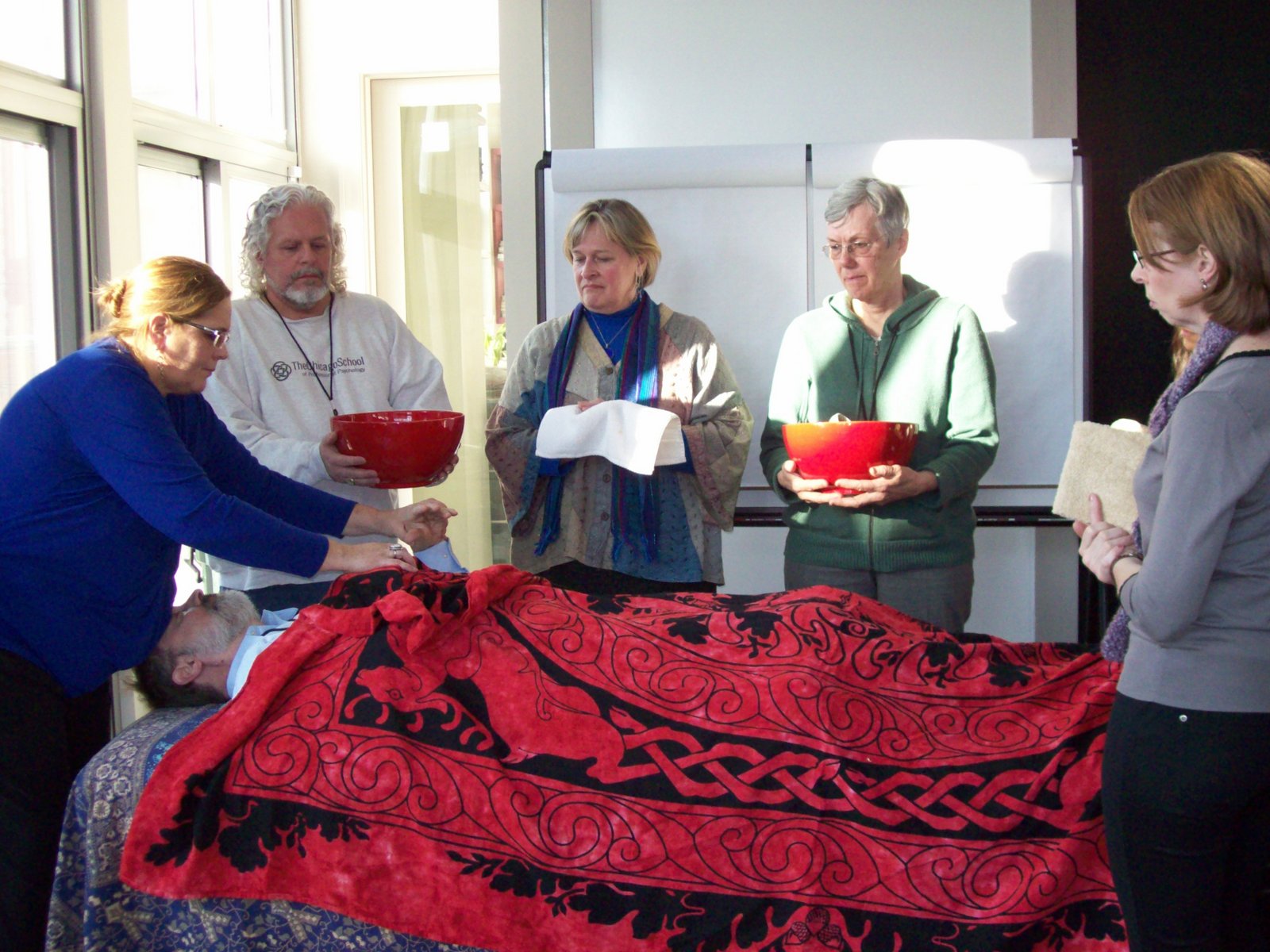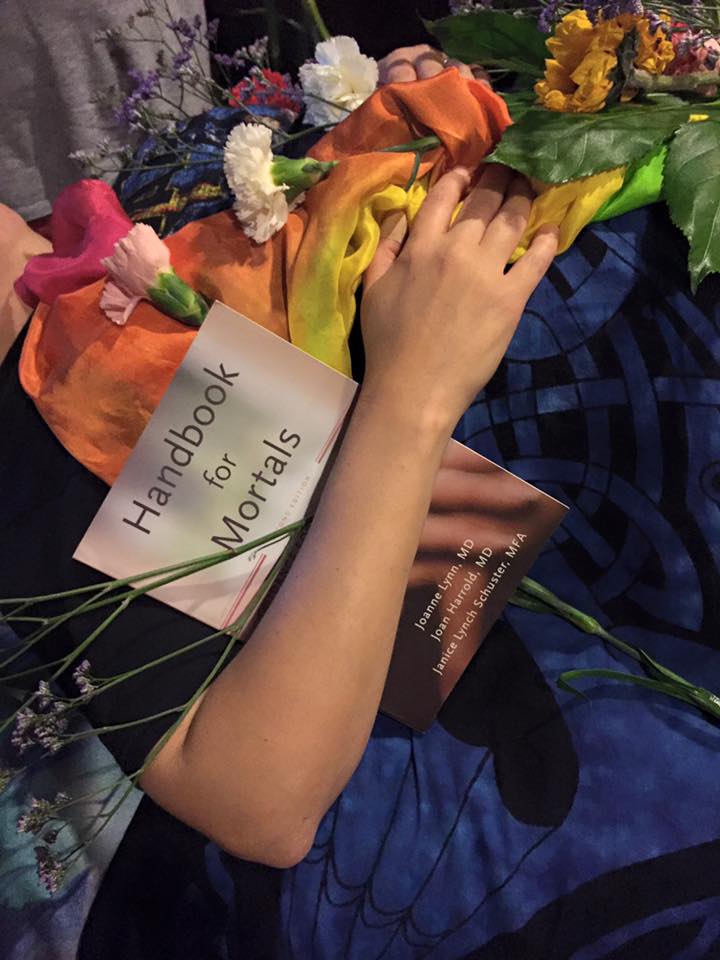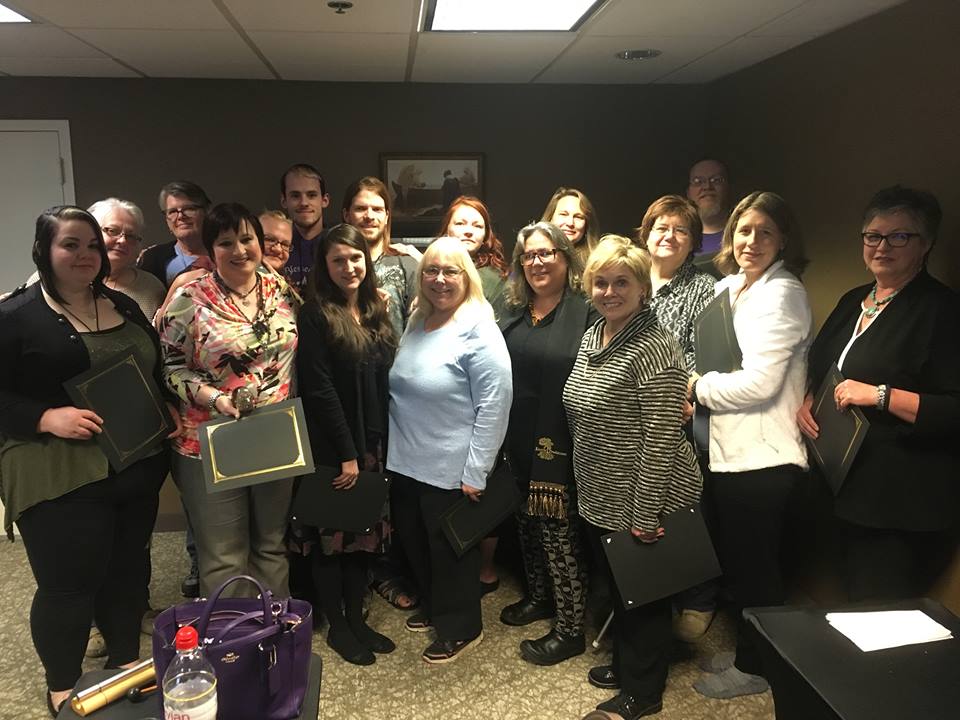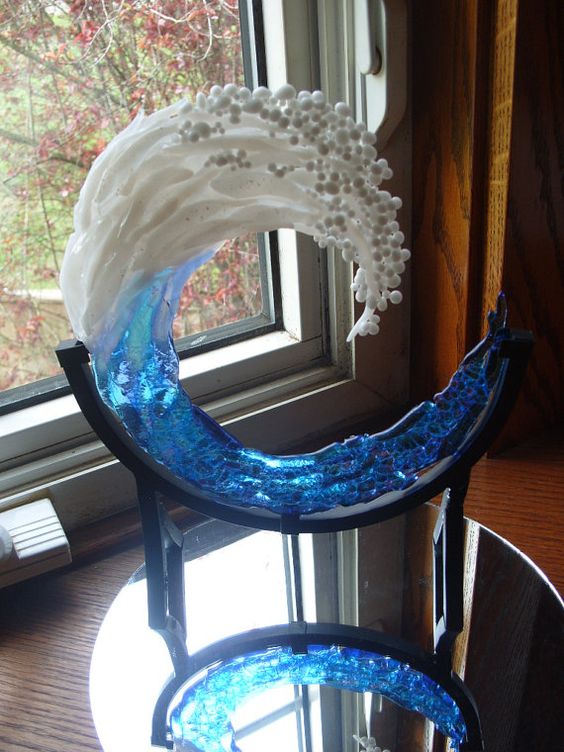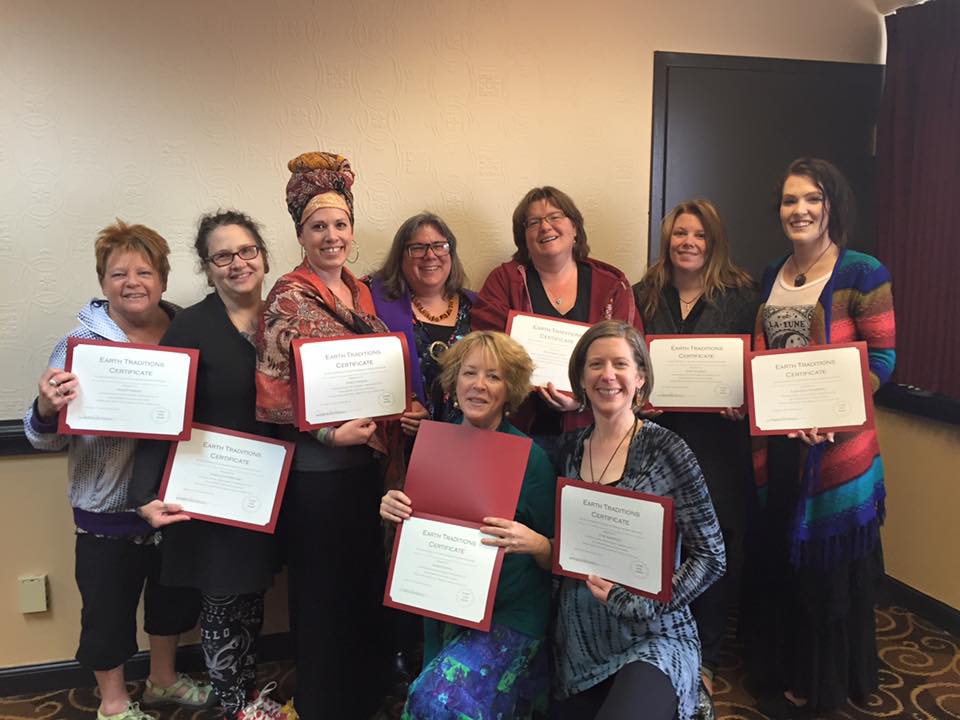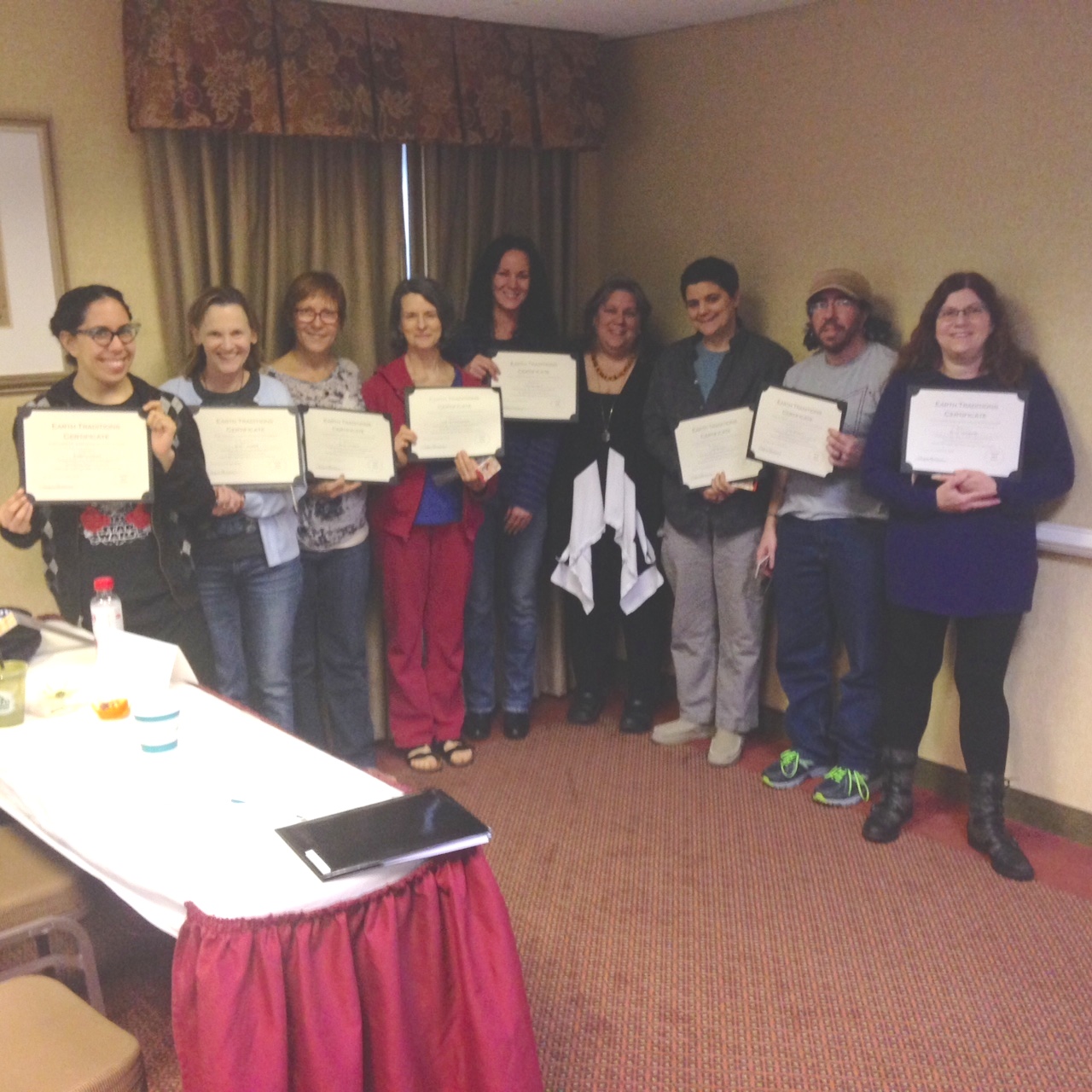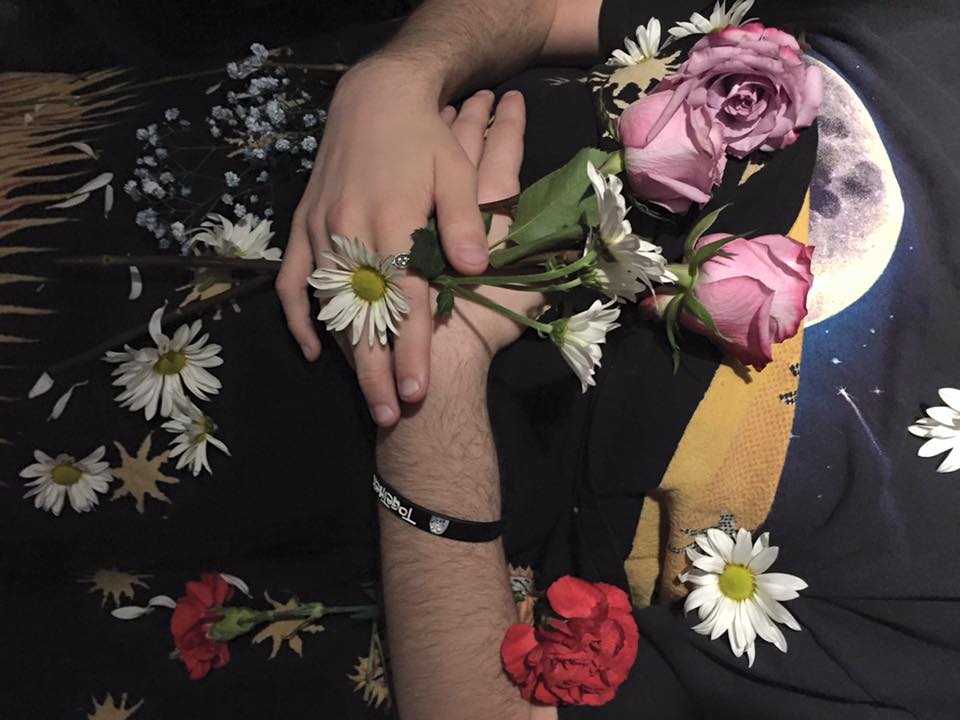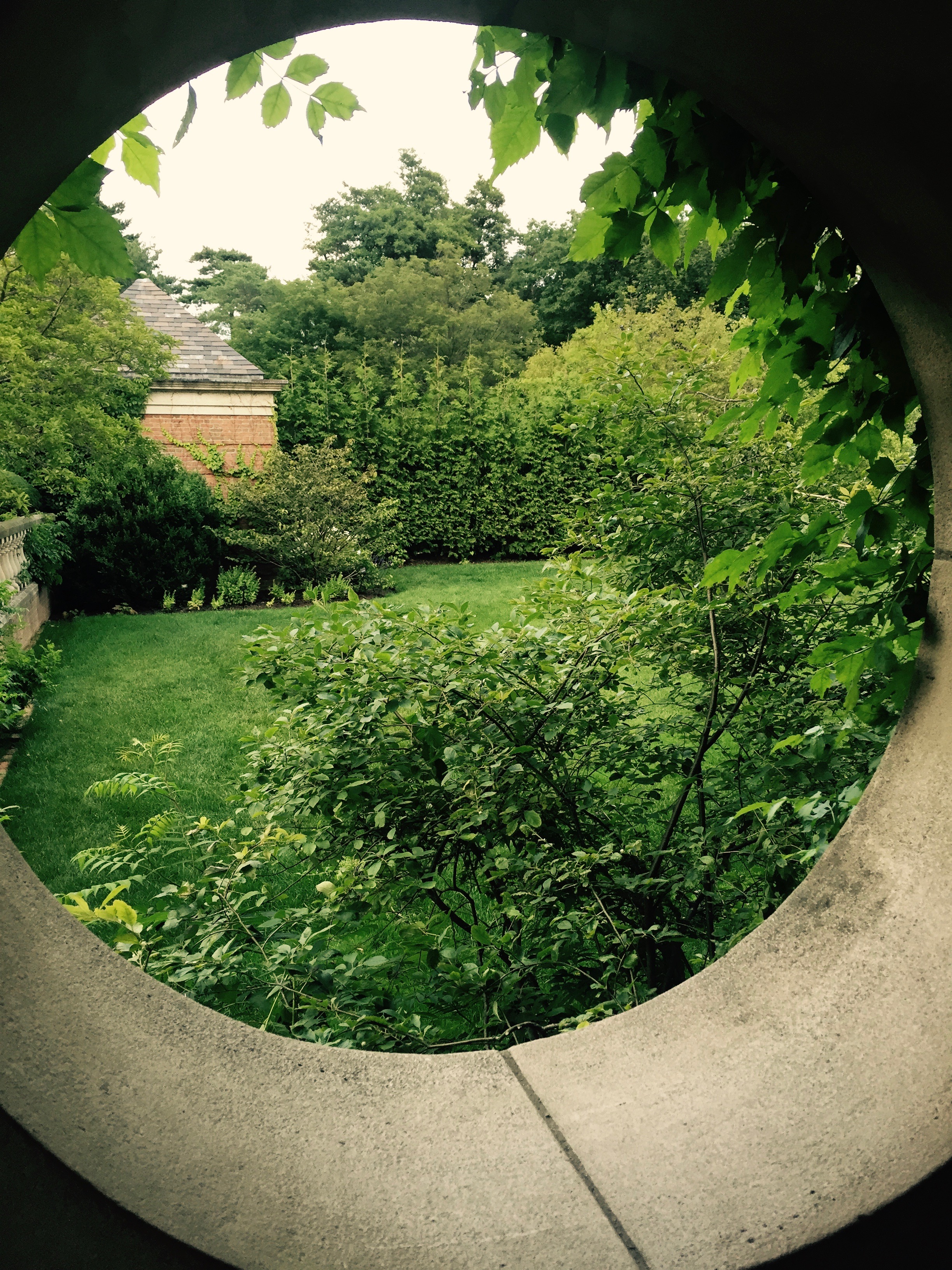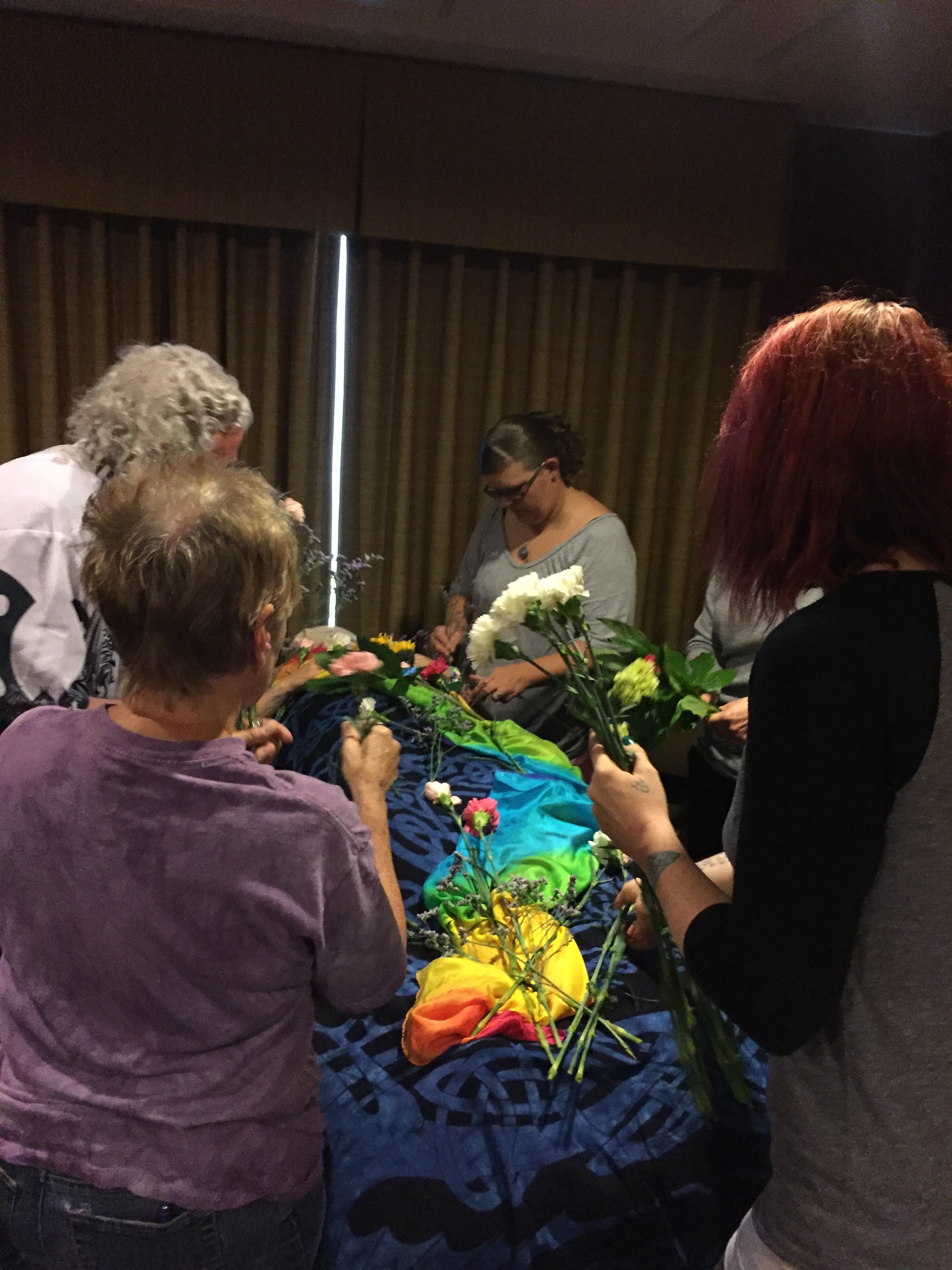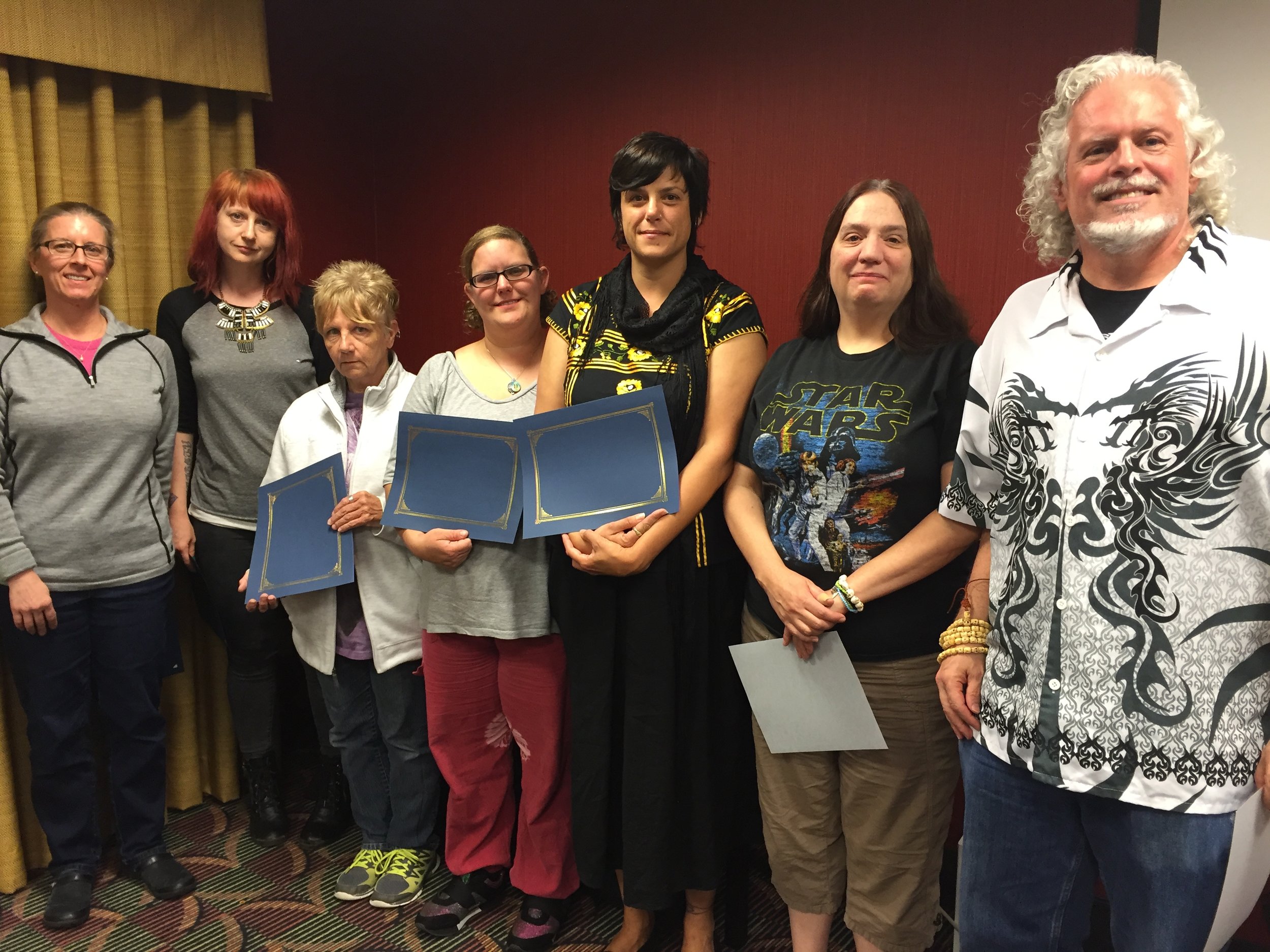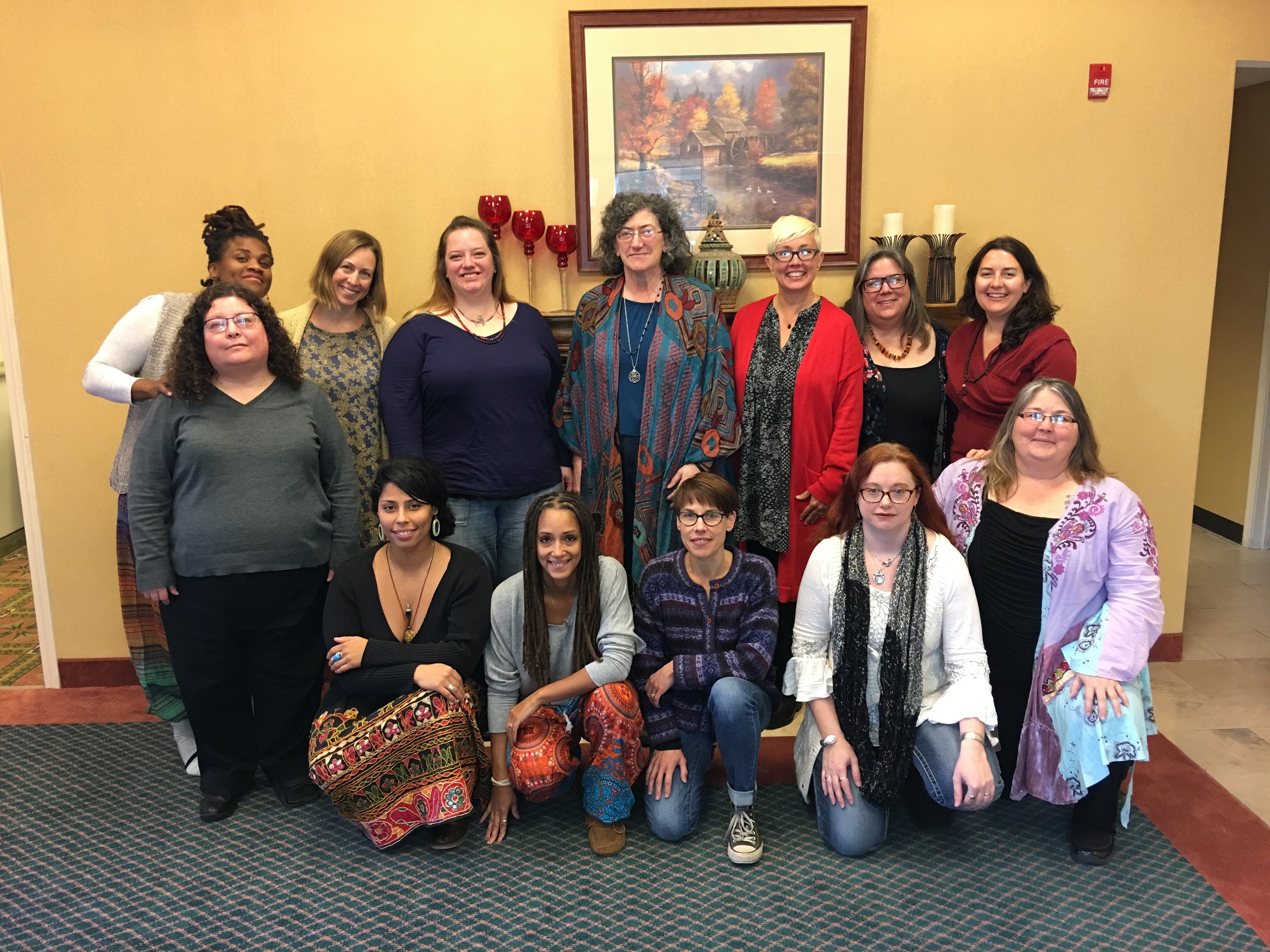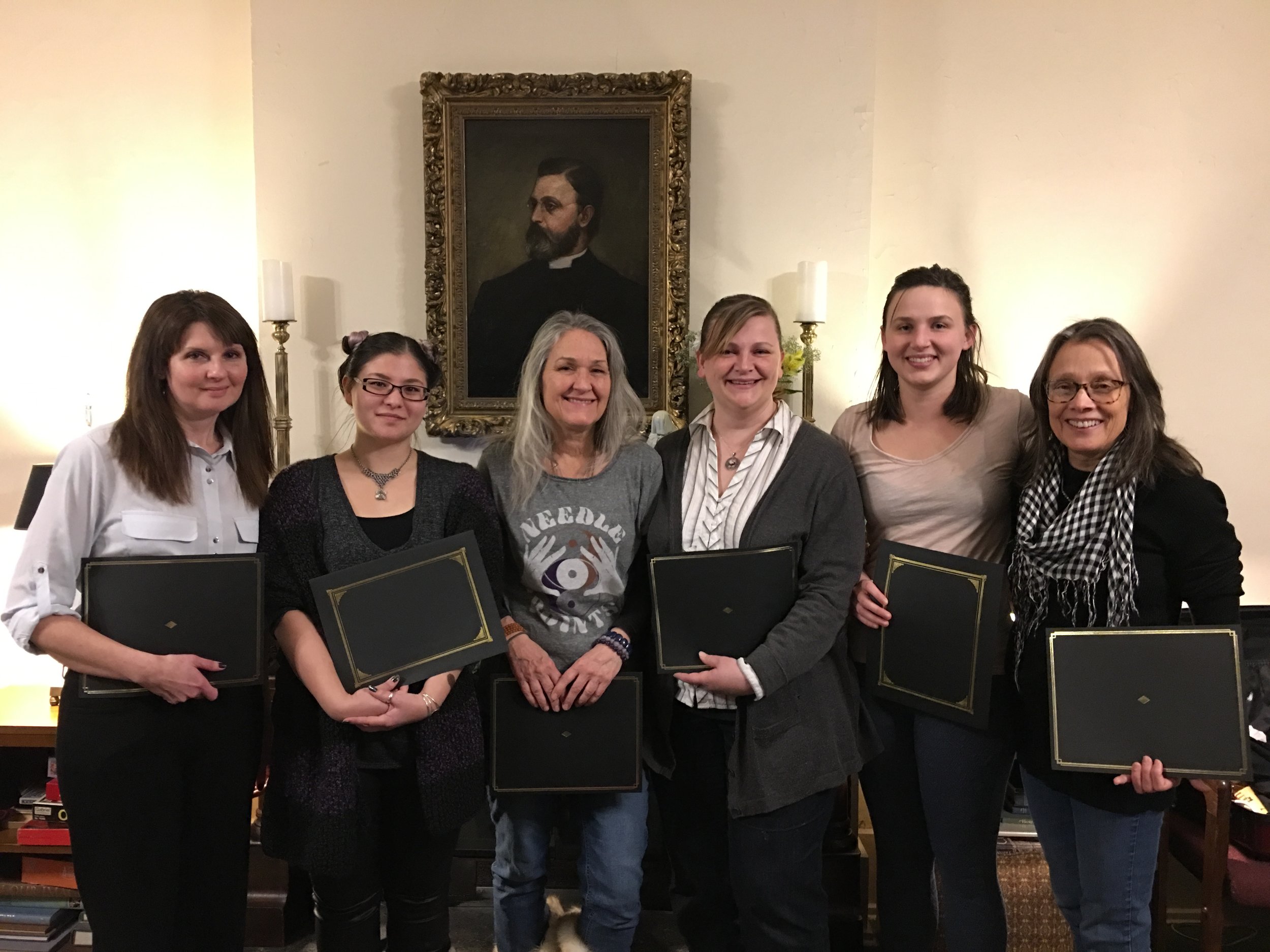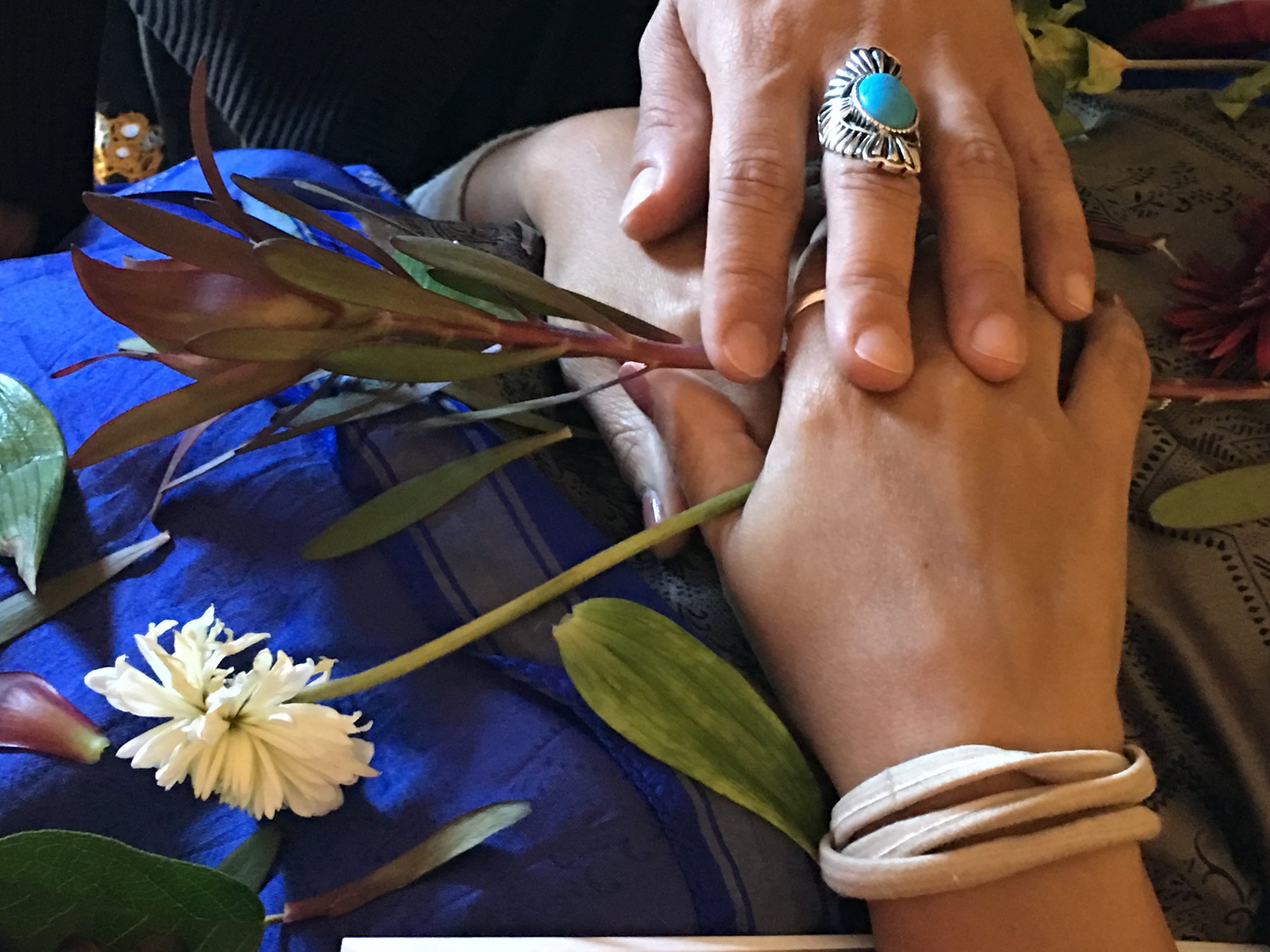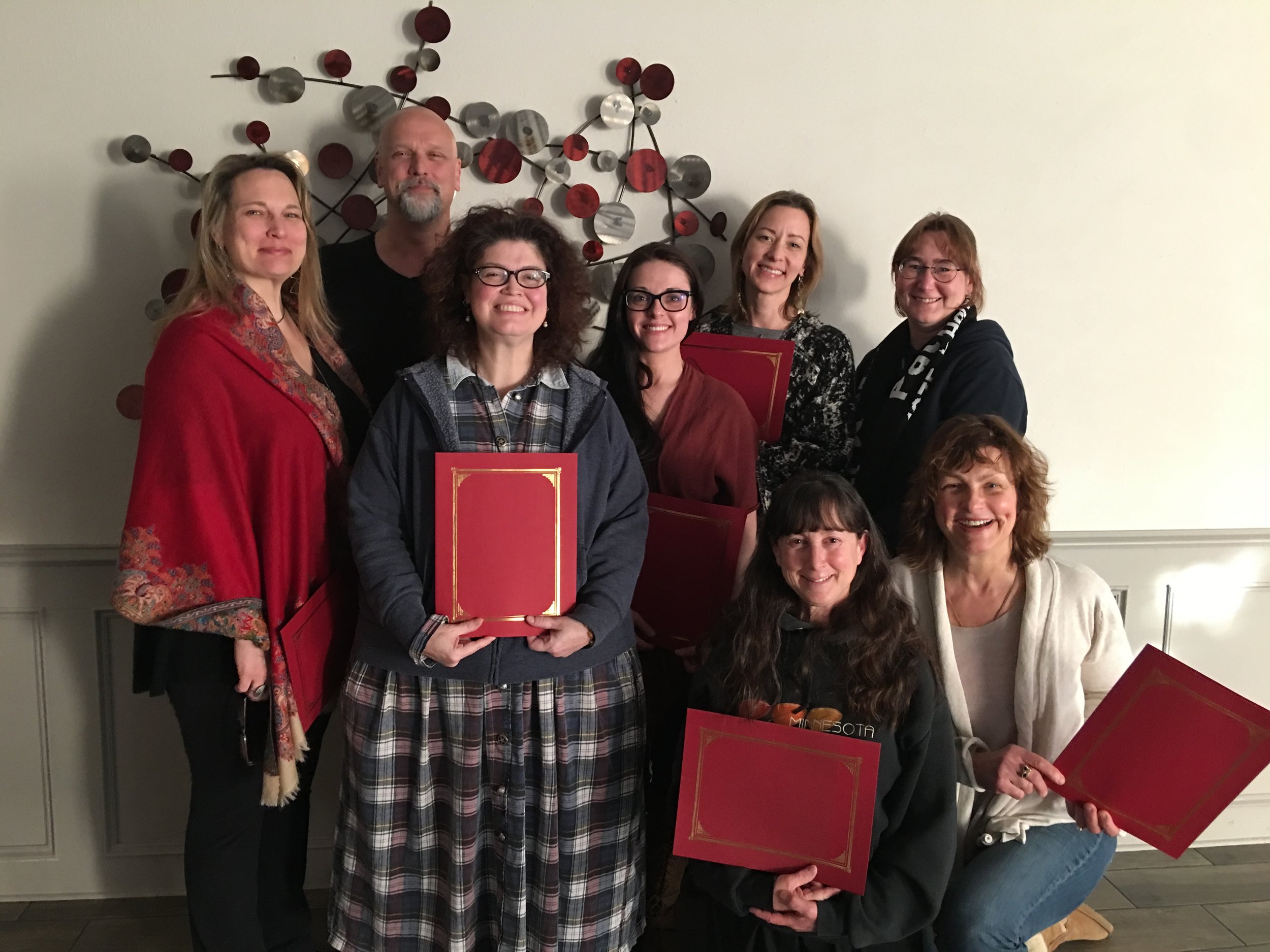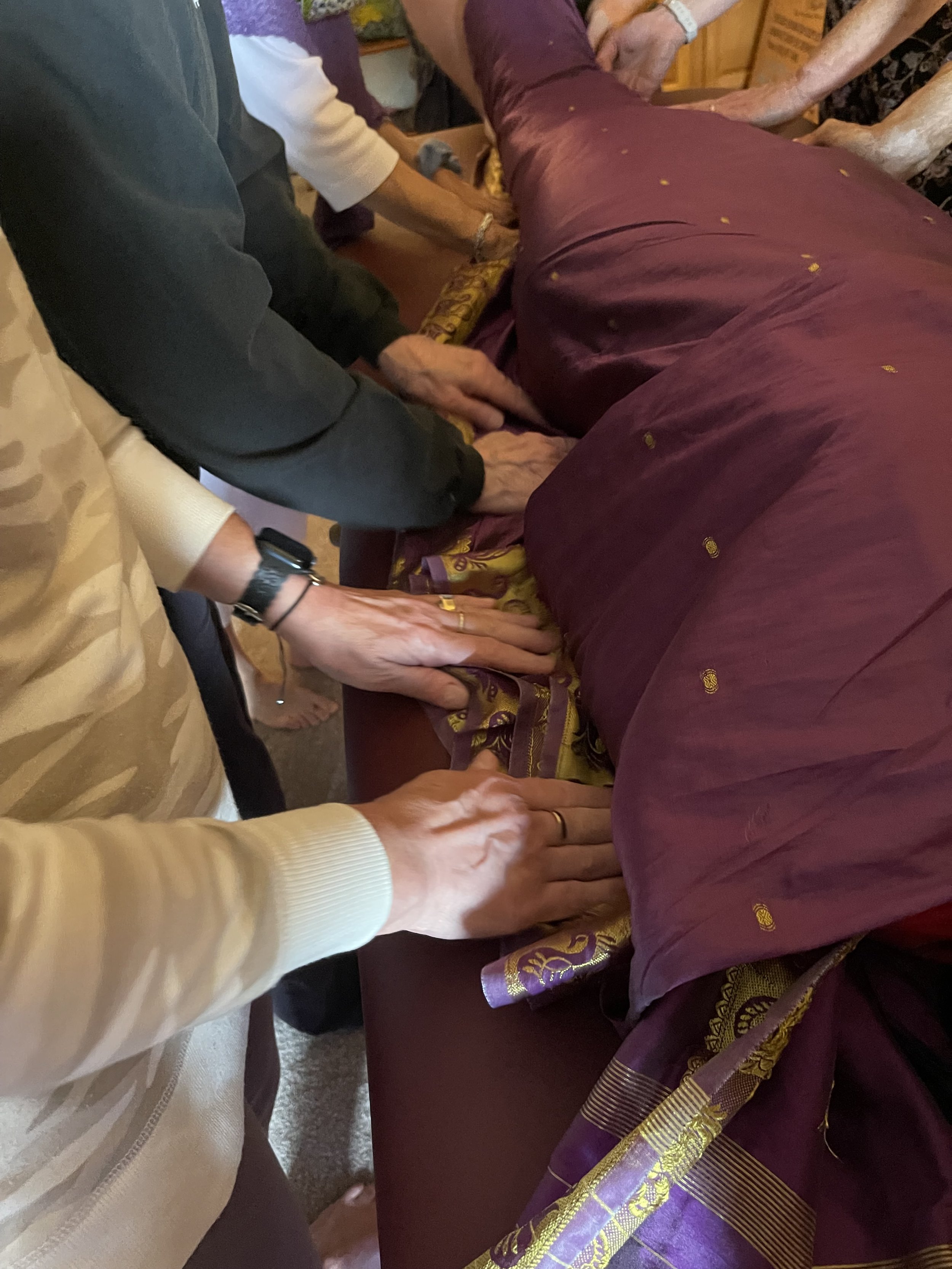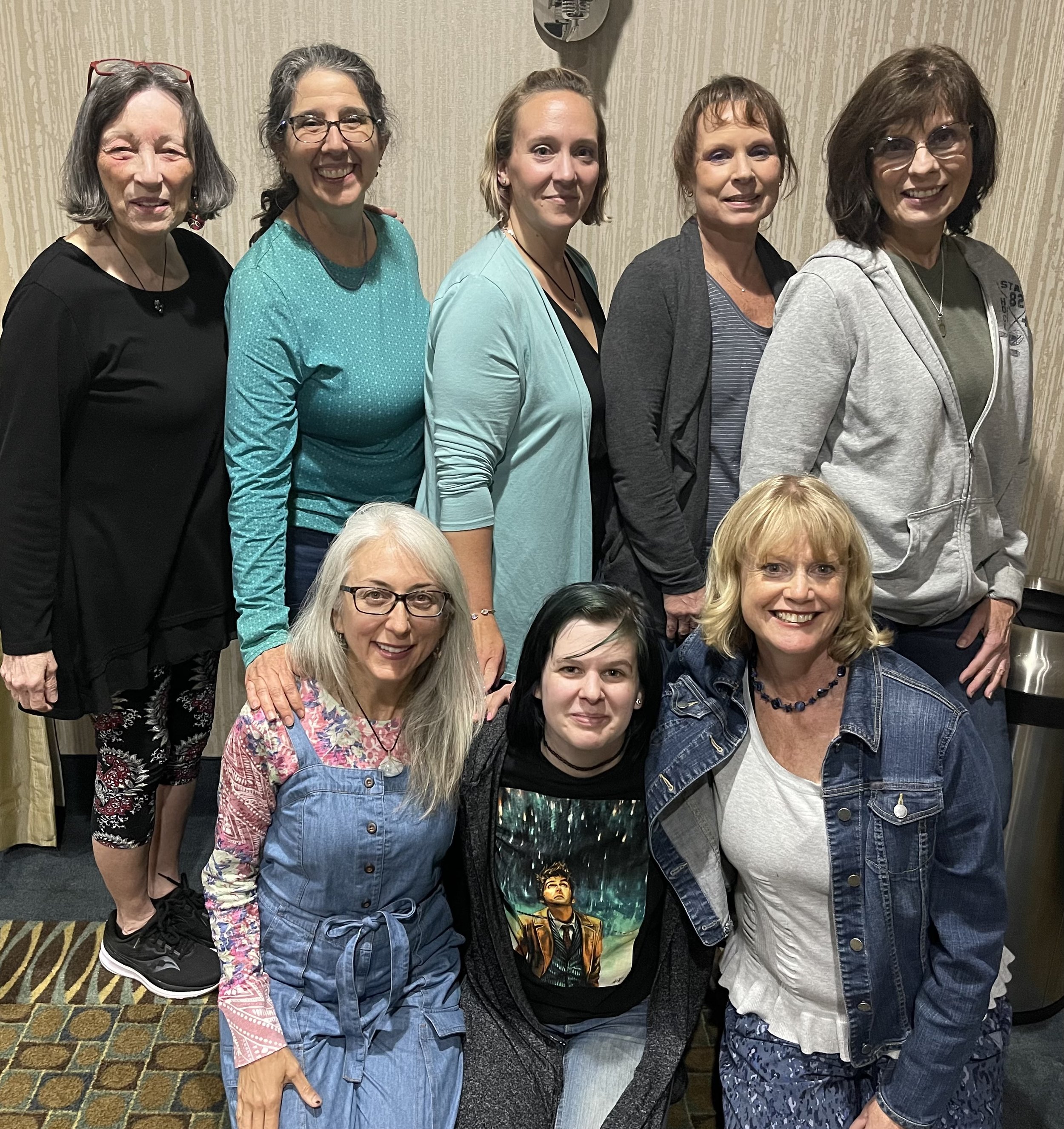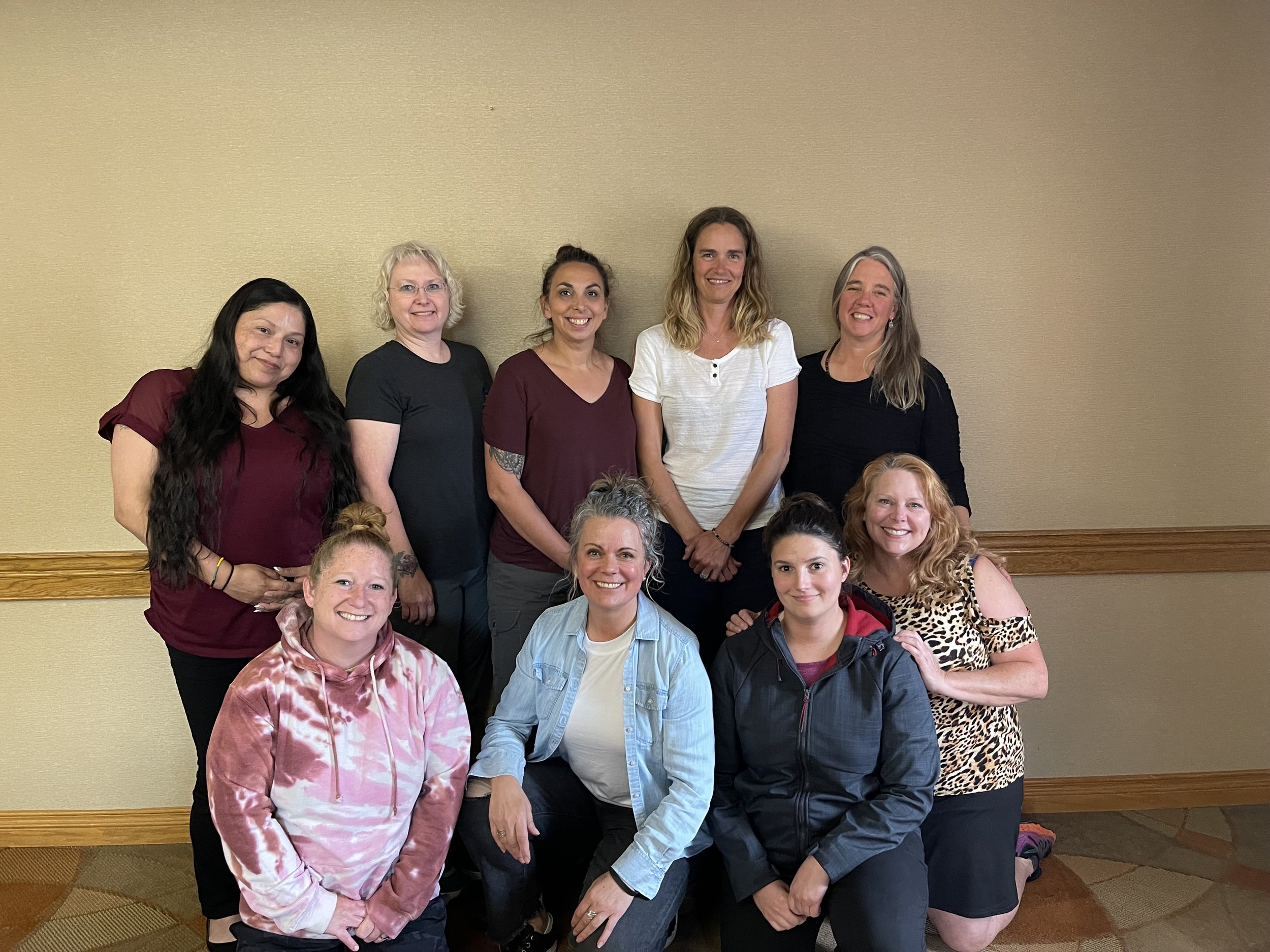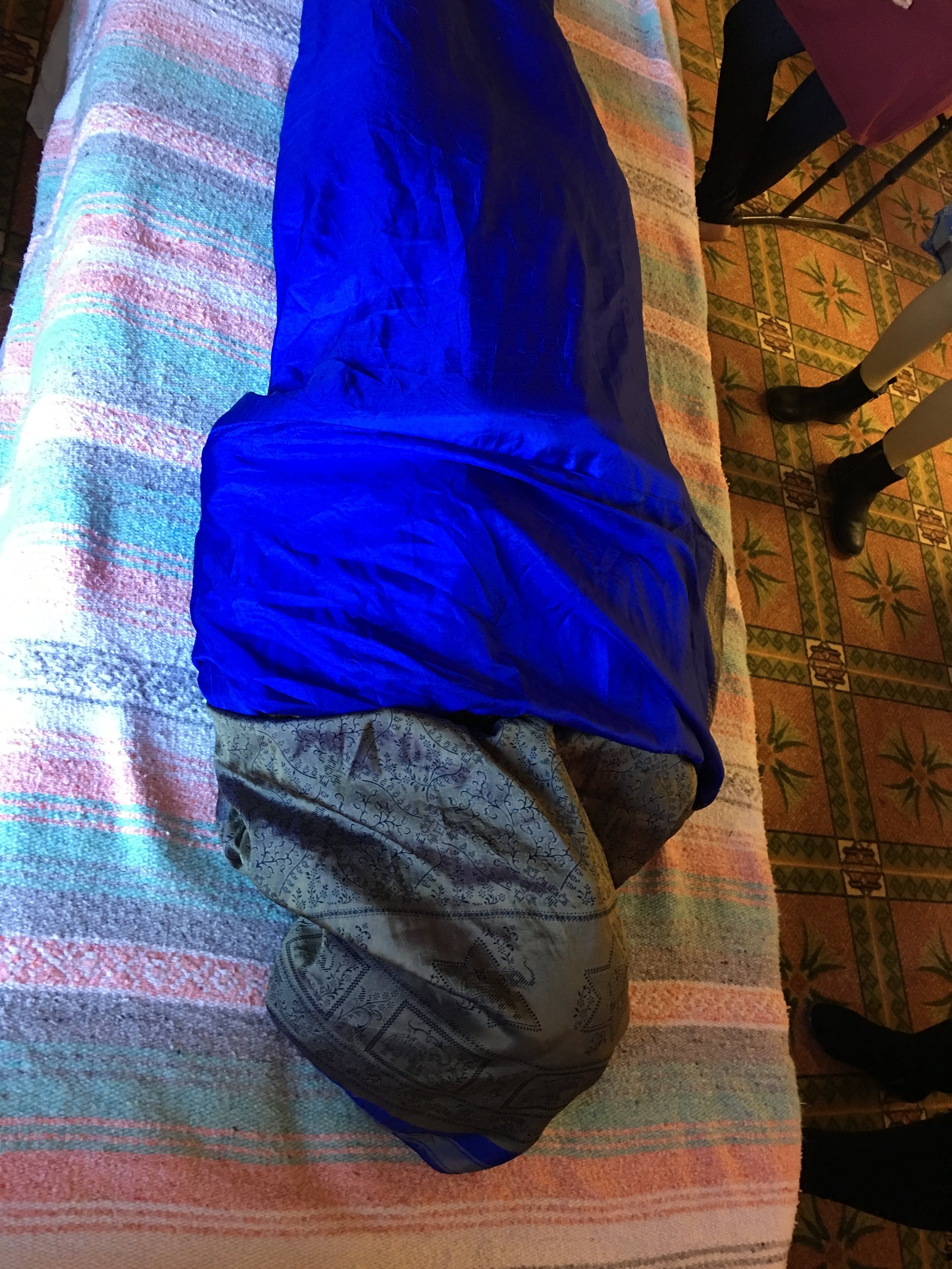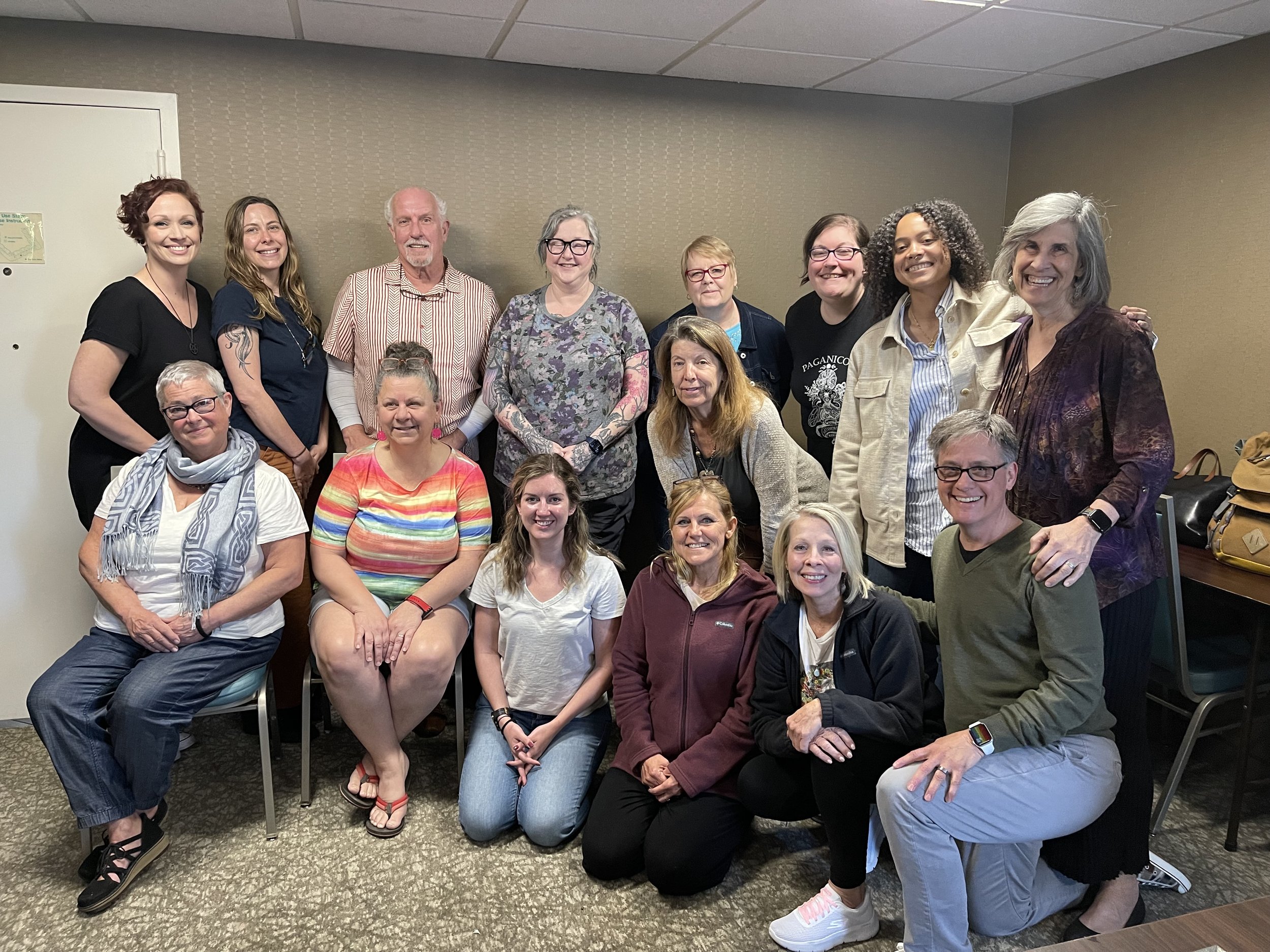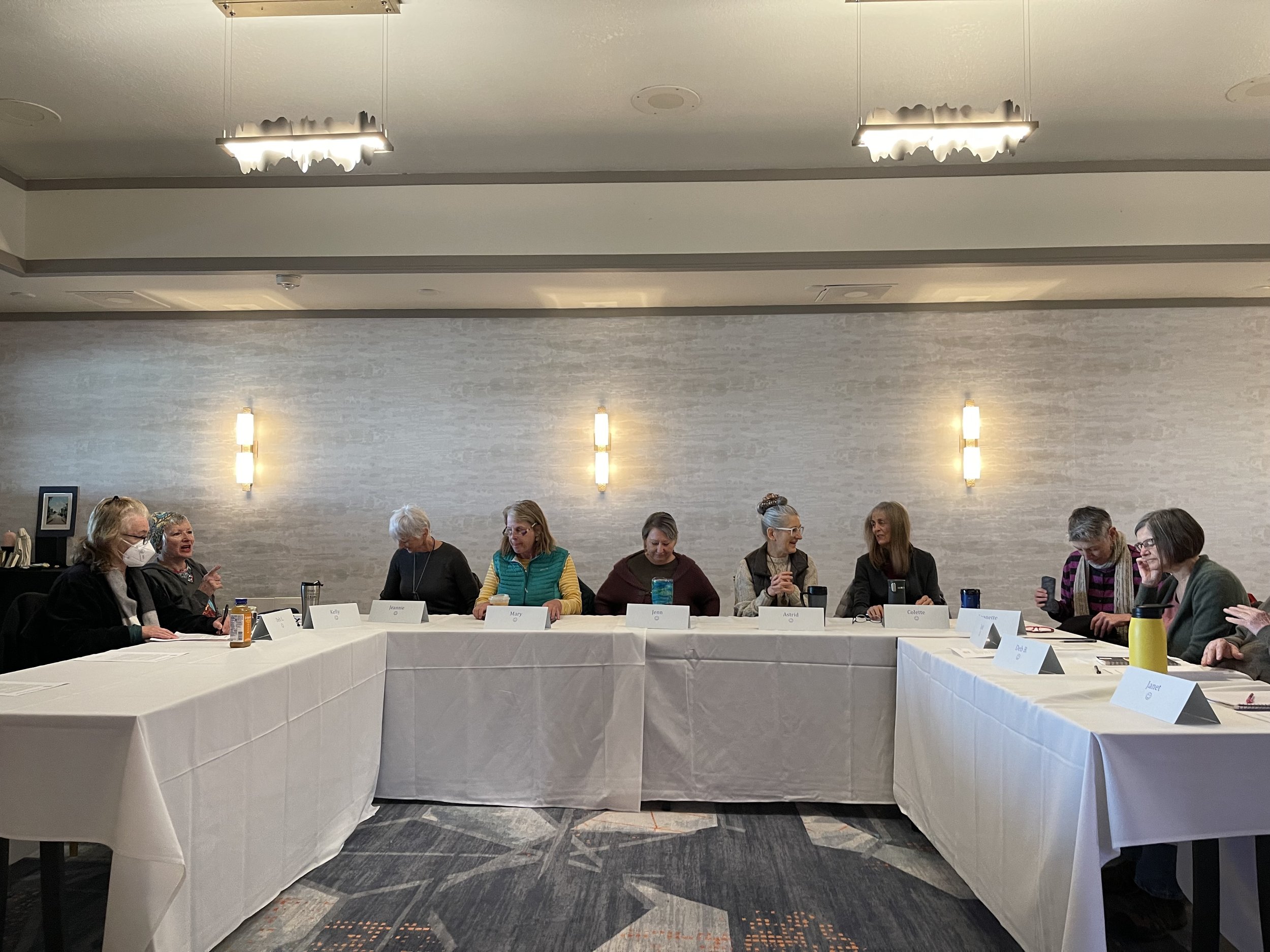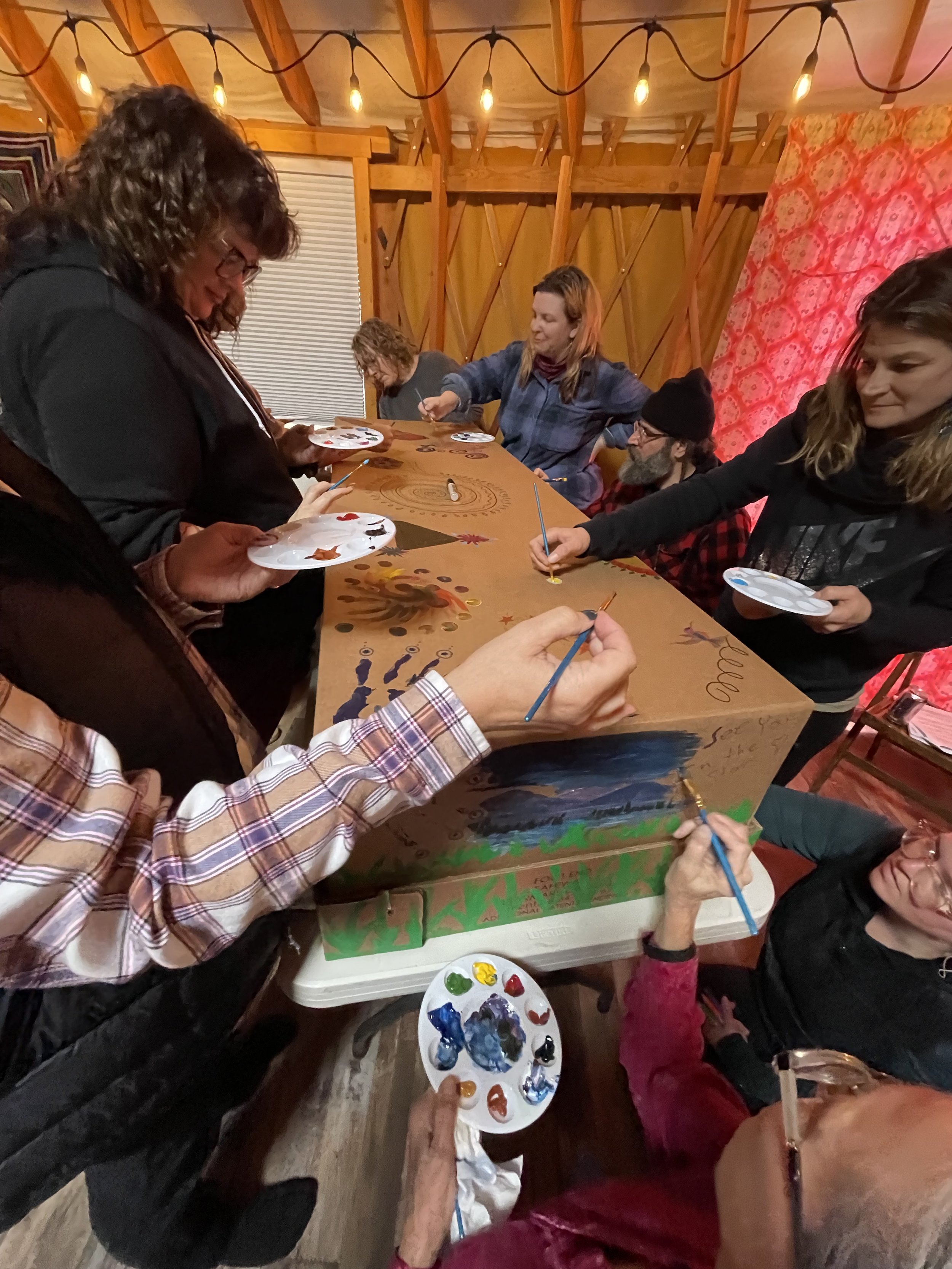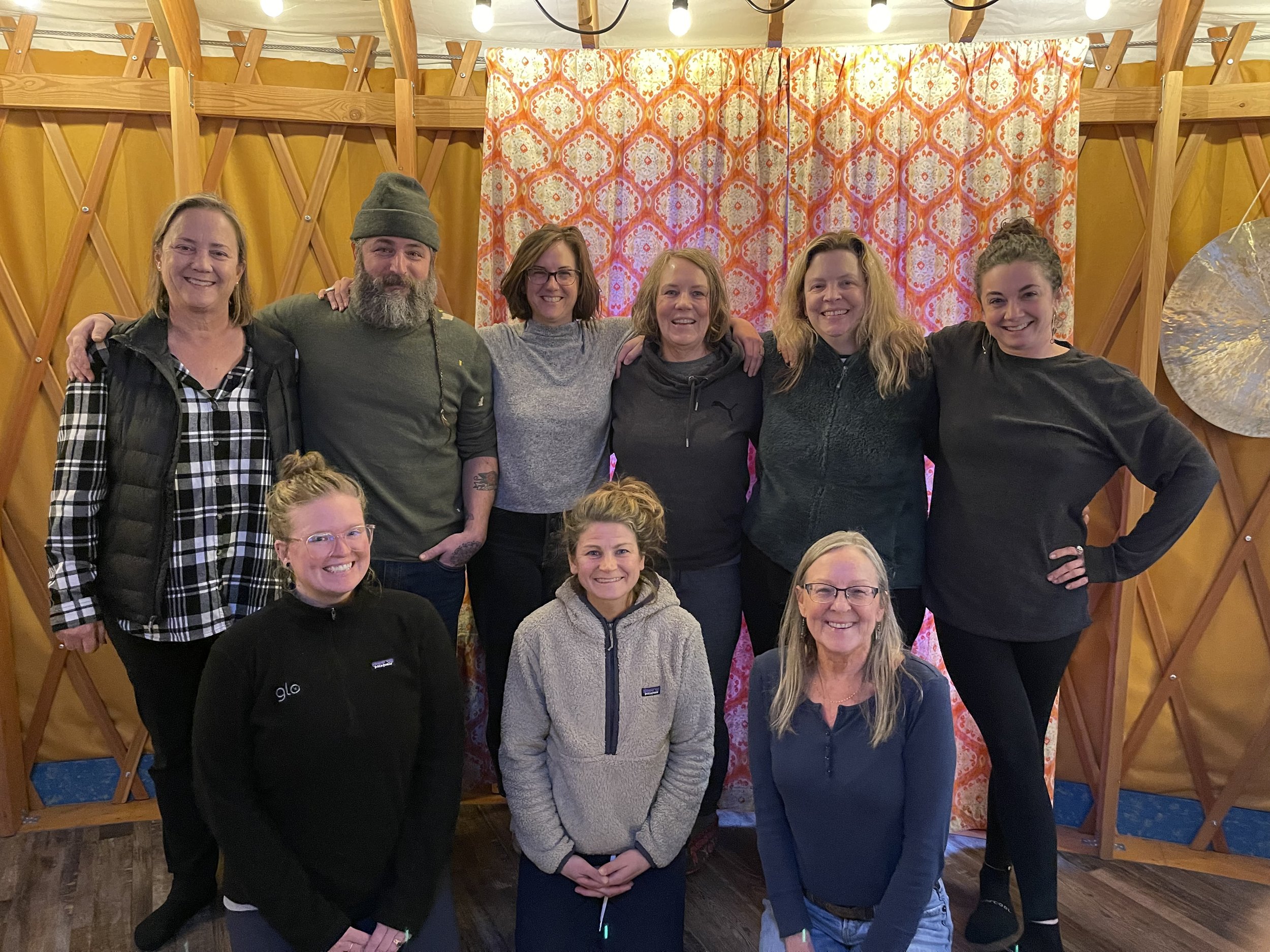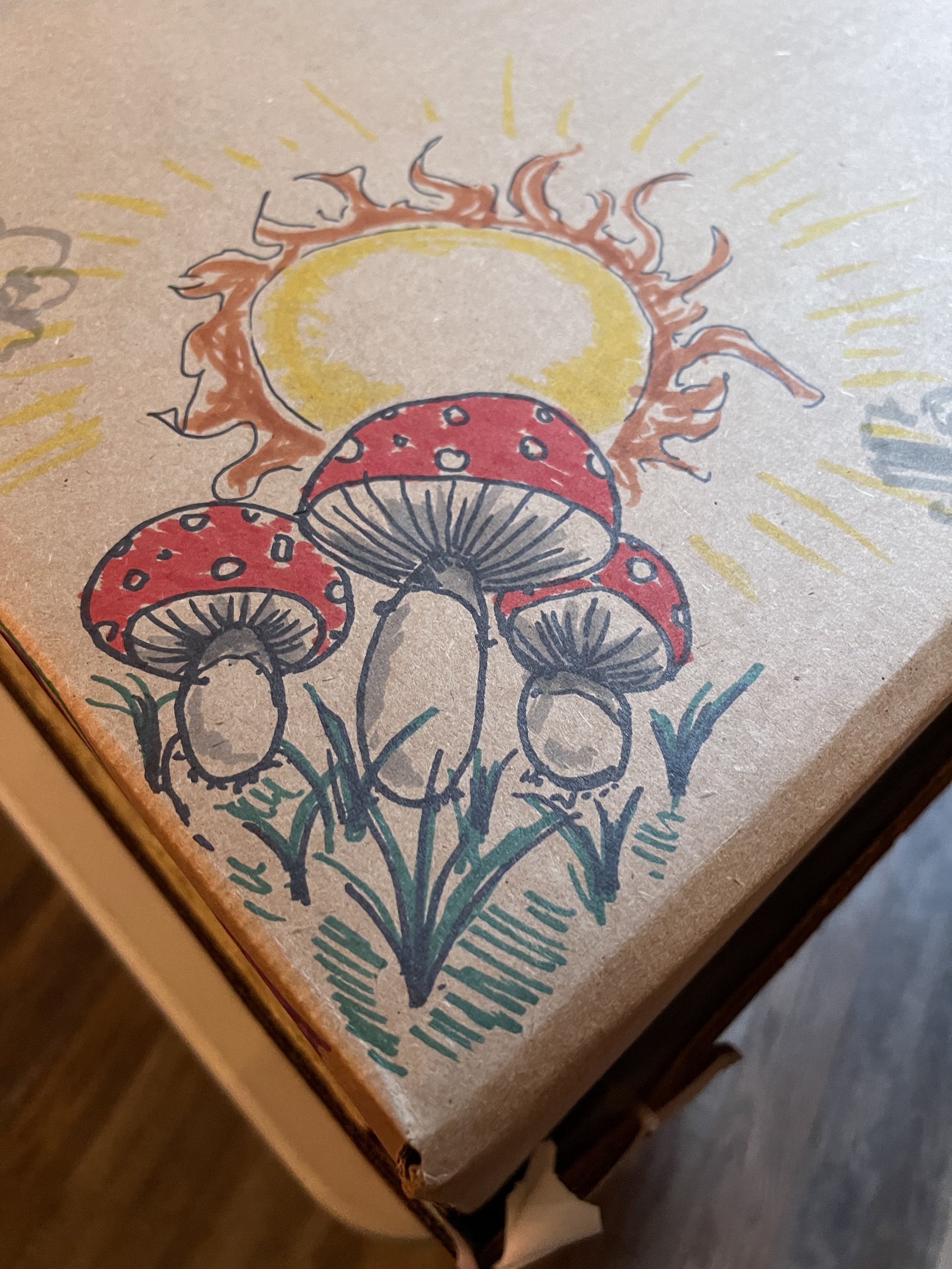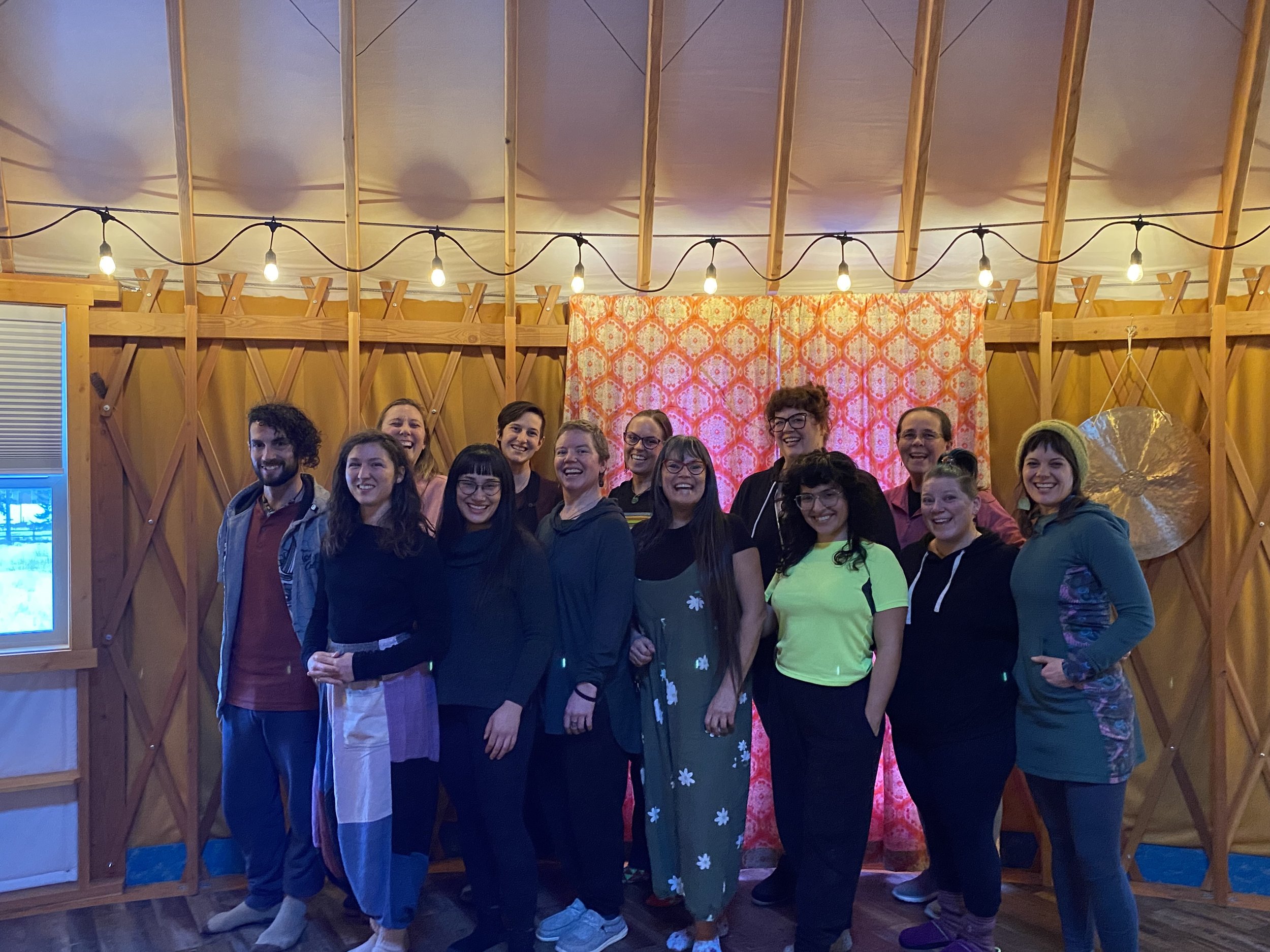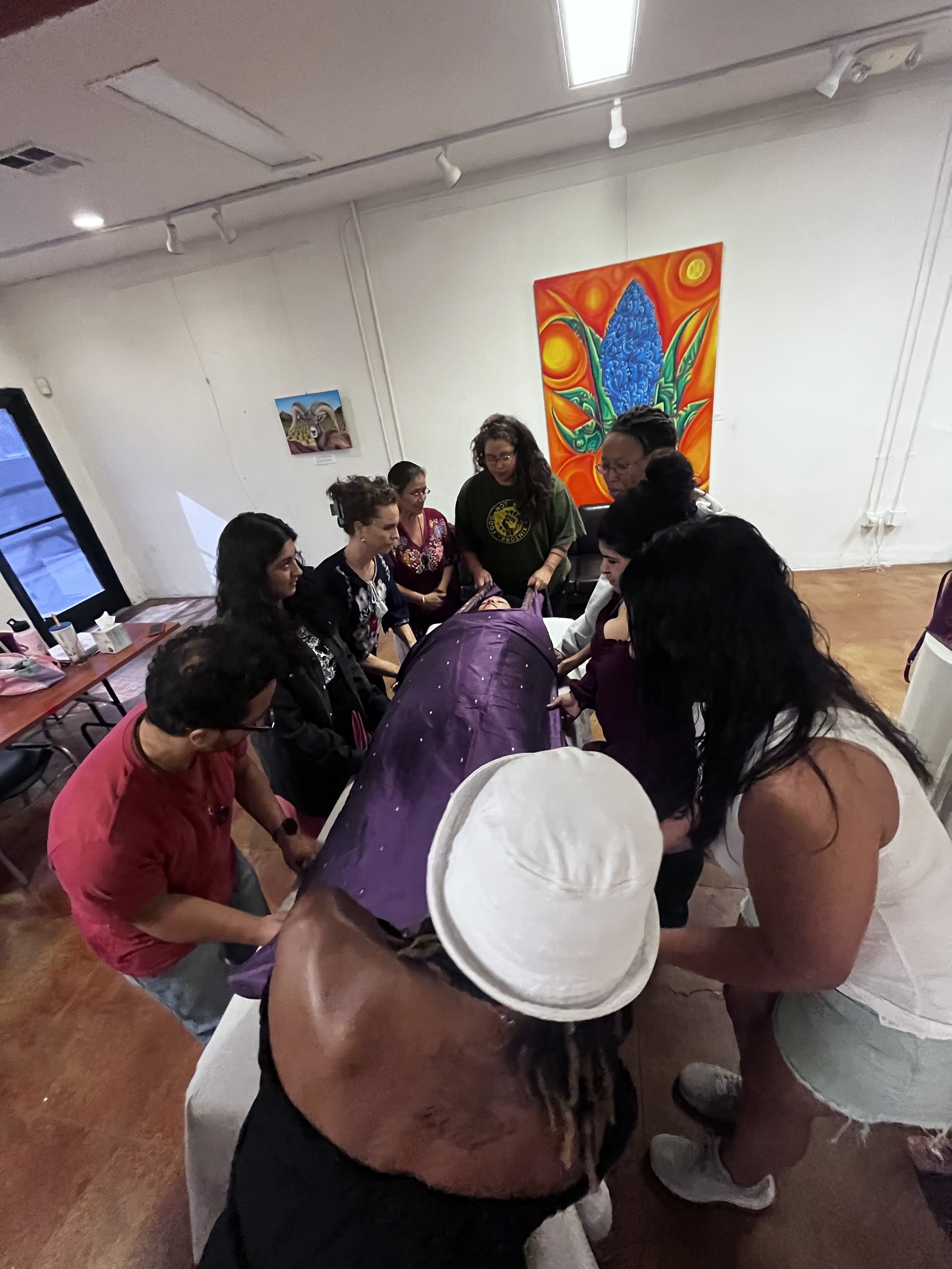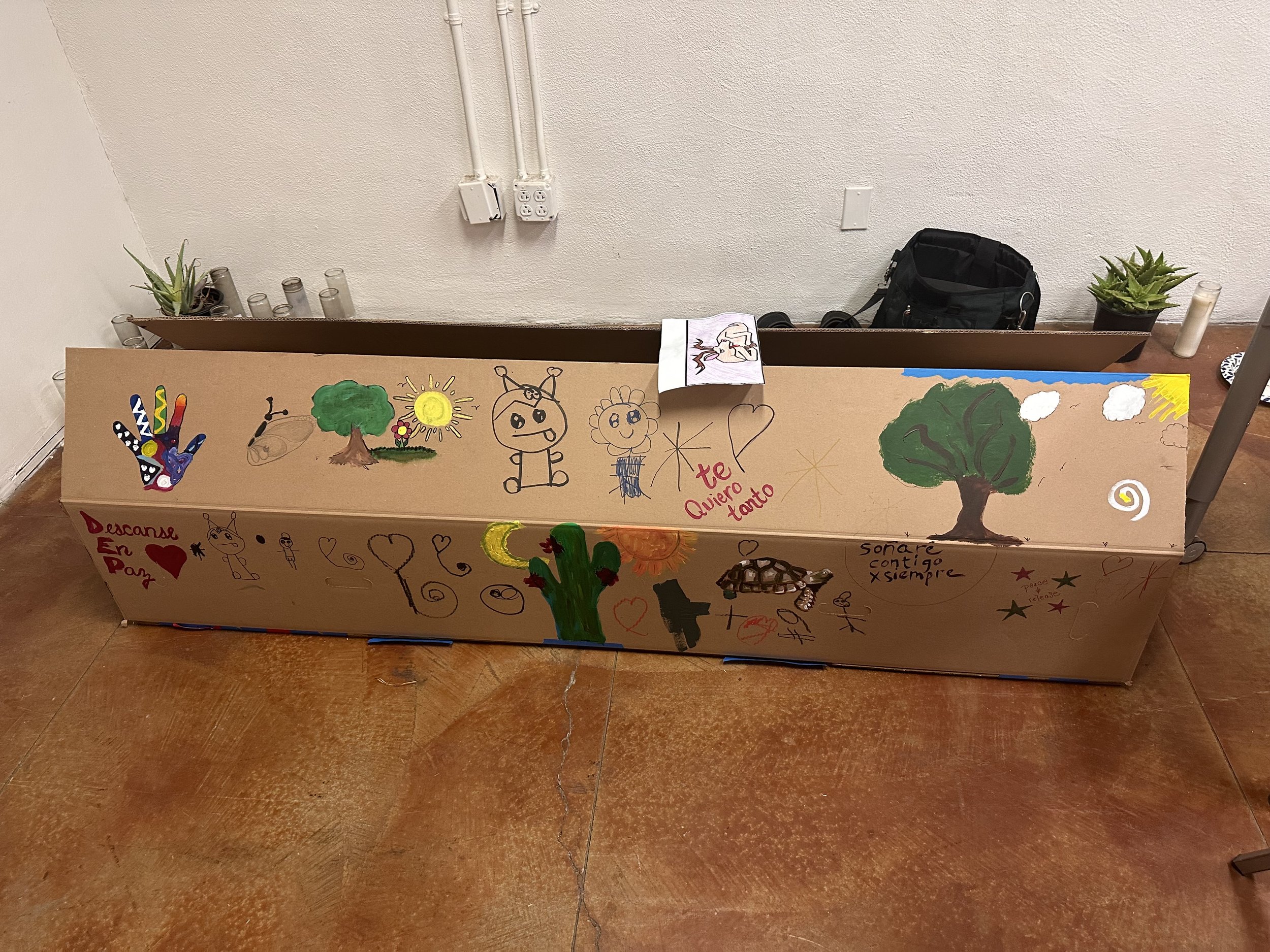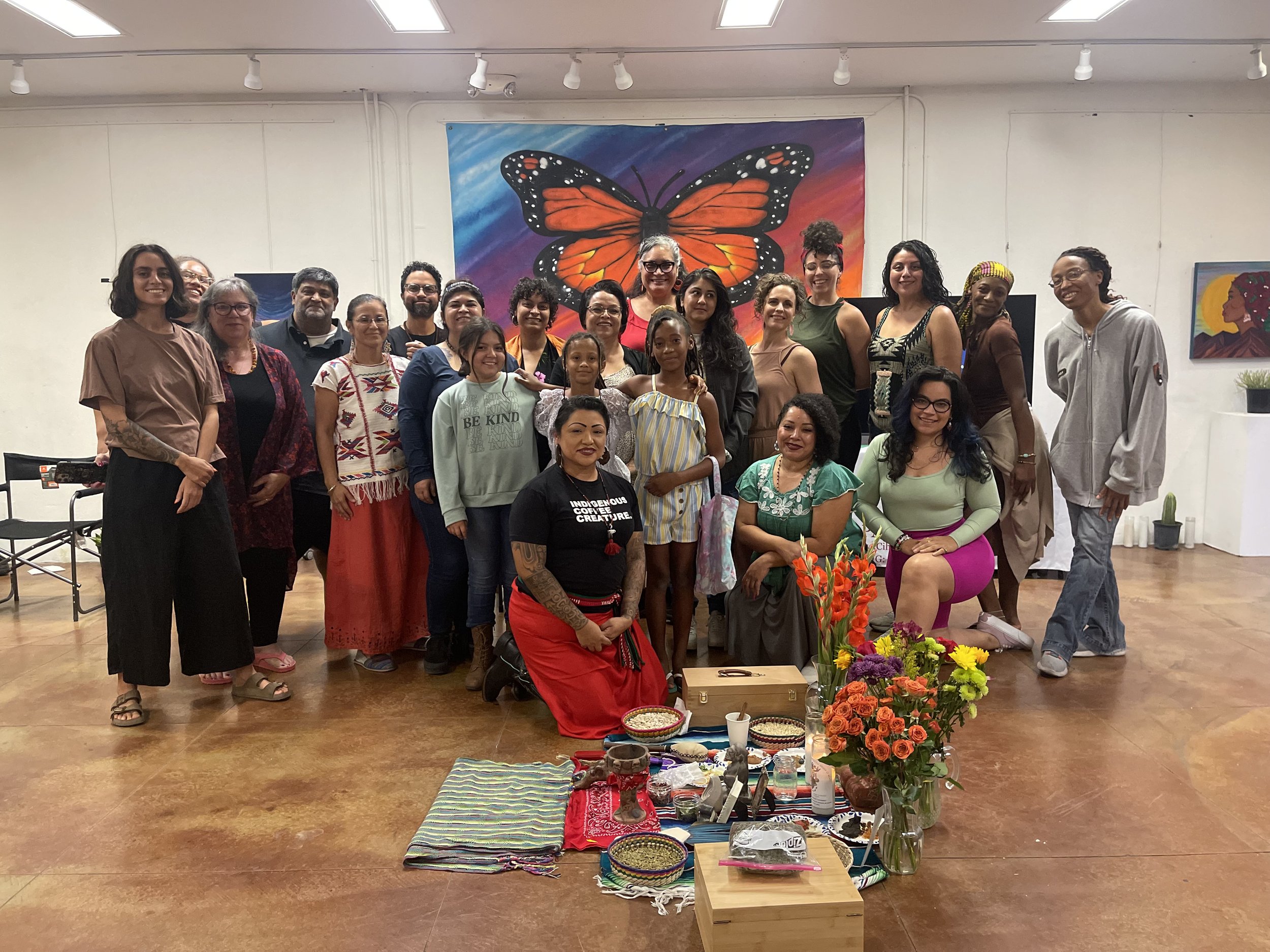Frequently Asked Questions
Photo by Angie Buchanan
FAQ’s - Because you asked...
Q: Why do you use Death Midwife instead of Death Doula? Is there a difference?
A: There us no difference in the tasks BUT – the word in its current context came from an American woman, named Dana Raphael, who first used the word doula in the 1970’s in a book she wrote about postnatal support.
It is important to note that the word is Greek, and it is still in use in the Greek language today. The Greek definition of both “doula/doulos” means “born a slave”. These particular slaves were household servants that attended to the master and mistress of the household, bathing them, dressing them, tending to their hair, and providing sexual favors on demand.
Modern-day Greek people are profoundly uncomfortable with this new western version of the word “doula”, and absolutely refuse to use it as the name of this profession, either birth or death, in their culture. Many Greek support service providers have approached and petitioned various “doula” communities, multiple times over the decades, begging them to stop using it. As we can plainly see, all of their efforts have been ignored. One does not need to know very much about human history to understand the levels of horror, anguish, and rage caused by human trafficking and enslavement, both past and present. You know your audience best. We’re not telling you that you can’t use the word but, if you choose to – you really should know what it means.
Even if none of this were the case, the recent softening of the word has redefined it to mean 'a woman who serves another woman' or, a person providing labor support.(1)
While the term ‘doula’ may apply to the birth context of a doula, being, 'the one who assists the midwife, or the birthing mother,' we do not believe the term accurately reflects what we do, even in its misappropriated form.
Q: What is the difference between a Death Midwife and a Hospice Worker?
A: Hospice is medically sourced. It is doctor prescribed, usually through Medicare although there are some hospice groups that are privately funded that provide services to clients at low or no cost. The Death Midwife is not medically trained. We fill the gap between the medical profession, and the funeral industry.
Q: How old do you have to be to be a Death Midwife?
A: Anyone can hold compassionate space for the dying however, you must be at least 21 years of age to take this training.
Q: Are all death midwives female?
A: No. Just as there are male birth midwives, we have many men who have taken this training and who elect to use the title Death Midwife.
Q: How long is the training?
A: The trainnig is 30 hours long and takes place over a 3-day weekend. You must be present for the full 30 hours and participate in all the class activities in order to receive the certificate.
Q: Do you offer online training?
A: We do not. It is our belief that for the training to truly be effective there needs to be personal, face to face interaction between the students; with and among themselves, and between the students and the instructor. We want students to be able to experience the shifts in energy in the classroom environment, and within themselves as they and their colleagues process information, react to different scenarios, and offer their unique perspectives to topics being discussed. We do offer online support to students and other practitioners. http://deathmidwife.org/services/
Q: Who would benefit from taking this class?
A: We have had a variety of people from many walks of life who have discovered this training to be beneficial.
Patients facing a terminal illness
Friends and family caring for someone who is dying
Home Health Care Aides
Those who want to be a companion to people going through the process of their final rite of passage
Professionals working in hospice, hospitals or nursing homes who are seeking to expand their skills and effectiveness in assisting with death and dying care.
Physicians and nurses
Mental Health practitioners
Veterinarians, Vet Techs and Pet groomers
Healers and therapists who want to learn more
Ministers, Clergy
Celebrants, Chaplains and Community Activists or Educators
Hospice volunteers or those wishing to become volunteers
Anyone who wishes to learn more about cultivating presence and personal awareness in death, dying and living well
Those who want to prepare gracefully for their own journey through dying into death
Those wanting to embrace the mystery of death and educate others as well as participate in what can be the most sacred and and deeply moving experience of their life.

